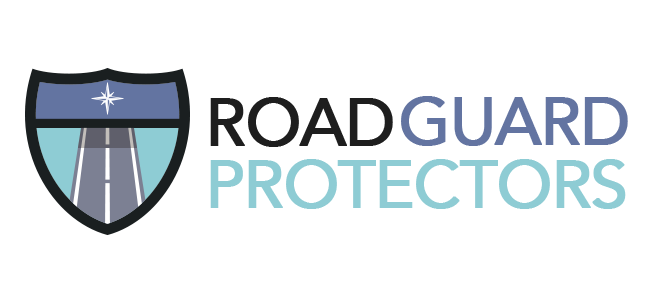Choosing the right vehicle involves considering various factors, from performance and fuel efficiency to safety features and comfort. However, one often overlooked aspect is how your choice of vehicle can impact insurance costs. Insurance premiums can vary significantly depending on the make, model, and characteristics of the vehicle you drive. In this article, we’ll explore the factors that influence insurance costs when selecting the right vehicle and provide tips for finding affordable coverage without sacrificing quality.
1. Vehicle Type and Model: The type and model of vehicle you choose have a significant impact on insurance premiums. Factors such as the vehicle’s price, repair costs, theft rates, and safety ratings all play a role in determining insurance rates. Generally, sports cars, luxury vehicles, and high-performance cars tend to have higher insurance premiums due to their increased risk of theft, costly repairs, and higher accident rates.
2. Safety Features: Vehicles equipped with advanced safety features are typically cheaper to insure because they’re less likely to be involved in accidents or sustExit Visual Builderain significant damage in collisions. Safety features such as airbags, anti-lock brakes, electronic stability control, and collision avoidance systems can qualify you for insurance discounts and lower premiums.
3. Crash Test Ratings: The crashworthiness and crash avoidance ratings of a vehicle can impact insurance costs. Vehicles that perform well in crash tests conducted by organizations such as the Insurance Institute for Highway Safety (IIHS) and the National Highway Traffic Safety Administration (NHTSA) may qualify for lower insurance premiums due to their reduced risk of injury and property damage in accidents.
4. Theft Rates: The likelihood of a vehicle being stolen also influences insurance premiums. Vehicles with higher theft rates or a lack of anti-theft devices may incur higher insurance costs to offset the risk of theft-related claims. Conversely, vehicles equipped with anti-theft features such as alarms, immobilizers, and tracking devices may qualify for discounts on insurance premiums.
5. Cost of Repairs: The cost and availability of replacement parts and repair services for a vehicle can impact insurance premiums. Vehicles with expensive or rare parts may result in higher repair costs, leading to higher insurance rates. Conversely, vehicles with readily available and affordable parts may be cheaper to insure.
6. Engine Size and Performance: The engine size and performance capabilities of a vehicle can affect insurance premiums, especially for sports cars and high-performance vehicles. Vehicles with powerful engines and high-speed capabilities are considered higher risk and may result in higher insurance costs due to their increased likelihood of accidents and costly repairs.
7. Annual Mileage: The number of miles you drive annually can impact insurance premiums. Vehicles that are driven more frequently are exposed to a higher risk of accidents and may incur higher insurance costs as a result. Conversely, vehicles with lower annual mileage may qualify for lower premiums, as they’re less likely to be involved in accidents.

